The Republican
presidential race has gone from merely unpredictable to
chaotic.
As the first
votes are cast Thursday in Iowa, contests are tight in many
states. Most GOP candidates have seen their fortunes shift
in the homestretch. No one has a clear path to the
nomination.
Mike Huckabee
recently emerged as a serious contender after rallying
restive conservatives in must-win Iowa and elsewhere. The
ex-governor of Arkansas, however, lacks the money and
manpower of his better-known opponents.
Mitt Romney's
wealth bought him enough visibility to maintain comfortable
leads in Iowa and New Hampshire for months. But the former
Massachusetts governor's early-state strategy now is
threatened; he is fighting battles in both states.
Rudy Giuliani
long dominated national polls only to watch his standing
suddenly drop. The former New York City mayor faces several
likely early defeats and can only hope his unorthodox
approach works -- winning delegate-rich states that
vote later.
John McCain, the
Arizona senator whose campaign all but imploded over the
summer, is looking for a New Hampshire win to propel him in
states beyond.
Fred Thompson,
the former Tennessee senator and TV actor whose campaign
performance didn't live up to months of hype, wants to place
in the top three in Iowa to prove he is credible.
Ron Paul, a Texas
congressman with a libertarian streak and antiwar tilt,
can't be discounted. He's raised an astounding $18 million
in less than three months and could be a spoiler.
Many Iowa and New
Hampshire voters wait until the final days to pick a
candidate, and late deciders could break for anyone.
Other unknowns
further muddle the race: It's unclear whether voters will
punish Romney for negative advertising. Immigration has
proven the most divisive issue all year, and religion
has emerged as a fault line in recent weeks.
Unexpected outside events, such as the assassination of
former Pakistani prime minister Benazir Bhutto, could shift
the dynamics.
Here's how the
race stands:
___
IOWA -- January 3
(40 delegates)
It's a dogfight
in the Midwestern state that votes first. Huckabee and
Romney are going at each other for the top spot in what is
essentially a two-way contest.
Romney
methodically built a high-powered organization, courted
voters with face-to-face politicking, and introduced
himself through $5 million in TV ads this year. He had
a comfortable lead in Iowa for months.
Then an underdog
named Huckabee, a onetime Southern Baptist preacher with
right-flank credentials on social issues, struck a chord
with voters who craved a rock-solid conservative. He
recently soared past Romney in polls, and the race
quickly took on religious overtones as Huckabee
emphasized his Christianity and attracted influential
evangelicals who view Romney's Mormon faith
skeptically.
Romney shifted
strategies and sought to ease concerns about his Mormonism
by giving a high-profile speech on religion. He also started
assailing Huckabee as weak on immigration and crime at
campaign events and in the race's first negative TV
ads. Romney's latest commercial takes Huckabee to task
on foreign policy and government spending as well.
The effort may be
paying off. Polls show Huckabee's double-digit lead
narrowing to single digits.
Any erosion of
support also could be attributed to Huckabee making
several unforced errors, most notably on foreign policy
matters. Or he simply may have peaked too soon.
By far, Romney
has the strongest organization and the most money in a
state where both are essential. But Huckabee has grassroots
networks of pastors, home schoolers, and gun owners
working on his behalf. Each candidate is trying to
lower expectations for himself while raising them for
his rival.
Thompson has
planted himself in Iowa in hopes the state can keep alive
his lackluster bid. Neither Giuliani nor McCain has made the
state a priority; they hope for better-than-expected
showings. The trio is in a battle for the third slot,
and any of them could seize it. They are mindful of
the long-standing notion that there are only three tickets
out of Iowa.
___
NEW HAMPSHIRE --
January 8 (24 pledged delegates; Republican Party
penalties will cut the number to 12)
Next-up New
Hampshire is a toss-up -- between Romney and McCain.
The stakes are
high for both. Romney, the former governor of a
neighboring state who has a lakeside vacation home here,
needs a win either to bounce back from an Iowa loss
or, if he triumphs in the leadoff caucuses, to
solidify his standing as the front-runner. He has had an
edge for months after putting $6 million into ads and
spending a year engaging in shoe-leather politics.
A loss for McCain
would end his candidacy; he's pinned the fate of his
second bid on the state he won in 2000, largely out of
necessity after his campaign found itself broke and
laying off staff over the summer. He has seen signs of
a resurgence in recent weeks.
Both men will
benefit from substantial get-out-the-vote operations, but
McCain trails Romney dramatically in money.
Threatened
despite a slight advantage in polls, Romney went on the air
with ads in the final days that take McCain to task on taxes
and immigration. McCain claims the criticism proves
his rival's bid is in trouble. He responded with his
own commercial that quotes newspaper editorials
praising him and eviscerating Romney, including one that
suggests his rival is a ''phony.''
Huckabee has
gained ground here since early this year, but he still
dramatically lags his rivals. His New Hampshire organization
is thin, but he could be a force here if he leaves
Iowa a winner.
Giuliani, a
Northeasterner, tried to play here, but his $3 million TV ad
campaign failed to boost his standing. As McCain surged,
Giuliani dipped. He since has refocused on his
original strategy of winning delegate-rich states that
vote later, beginning with Florida.
Paul could have
an impact in the ''Live Free or Die'' state.
Independents who
can vote in either primary and helped McCain in 2000 are
the X-factor; there's no guarantee they will vote in the
Republican matchup over the star-studded Democratic
race.
___
MICHIGAN --
January 15 (57 pledged delegates; penalties will cut the
number to 30)
Giuliani's
once-strong support has plummeted. That's left a tight
contest between Huckabee, whose success elsewhere has
reverberated here, and Romney, who grew up in the
state where his father was a governor. McCain won the
state in 2000 and has some support here.
None of the
candidates has given Michigan the attention it sought when
it moved its primary to an early date.
The results from
Iowa and New Hampshire could upend the race.
___
NEVADA -- January
19 (34 delegates)
This Western
state is a wild card. Republicans have hardly campaigned in
a state that's geographically inconvenient. Nevada also
holds caucuses that demand a stellar organization and
boatloads of money. Most candidates don't have both.
Polling shows Romney, Huckabee, and Giuliani
competitive.
___
SOUTH CAROLINA --
January 19 (47 pledged delegates; party penalties will
cut the number to 24)
Huckabee has an
edge in this first-in-the-South primary battleground with
the support of fellow white Christian evangelicals. But his
lead is narrow. Romney and McCain are competing hard.
Although he lags
both in organization and money, Huckabee could benefit
from religious leaders rallying their followers.
Romney has
maintained his popularity despite Bible Belt uneasiness
about his religion. McCain, who lost a nasty primary
here in 2000, wants South Carolina to be the second
stop on his comeback tour.
Giuliani's rocky
personal life and left-leaning positions on abortion and
gay rights may be catching up with him in this conservative
hotbed. South Carolina would seem a natural fit for
Thompson the Tennessean, but money woes have limited
his efforts here.
___
FLORIDA --
January 29 (114 pledged delegates; Republican Party
penalties will cut the number to 57)
Once Giuliani
country, Florida now is up for grabs.
Huckabee is
quickly gaining on the former New York City mayor in a state
that's home to many retired New Yorkers.
Huckabee's rapid
ascent in polls has prompted Giuliani to start running
TV ads here with a commercial that invokes the September 11,
2001, terrorist attacks.
Romney has a
seemingly endless supply of money and the backing of several
allies of the popular former governor, Jeb Bush.
One unknown --
whether the current governor, Charlie Crist, will endorse
before the state votes.
___
MEGA TUESDAY --
February 5 (at least 995 delegates)
No one knows how
the creation of what essentially is a national primary
day will affect the outcome of the race.
Romney, McCain,
Thompson, and Huckabee believe the rapid-fire primary
calendar will make earlier contests more important.
Giuliani argues
that he can emerge the nominee after winning states like
California, New York, and Illinois that are clustered on
February 5 and offer huge numbers of delegates.
His strategy
requires big money to compete in extraordinarily expensive
media markets in multiple states -- and he doesn't have the
seemingly limitless amounts of cash that Romney does.
(Liz Sidoti & Libby Quaid, AP)





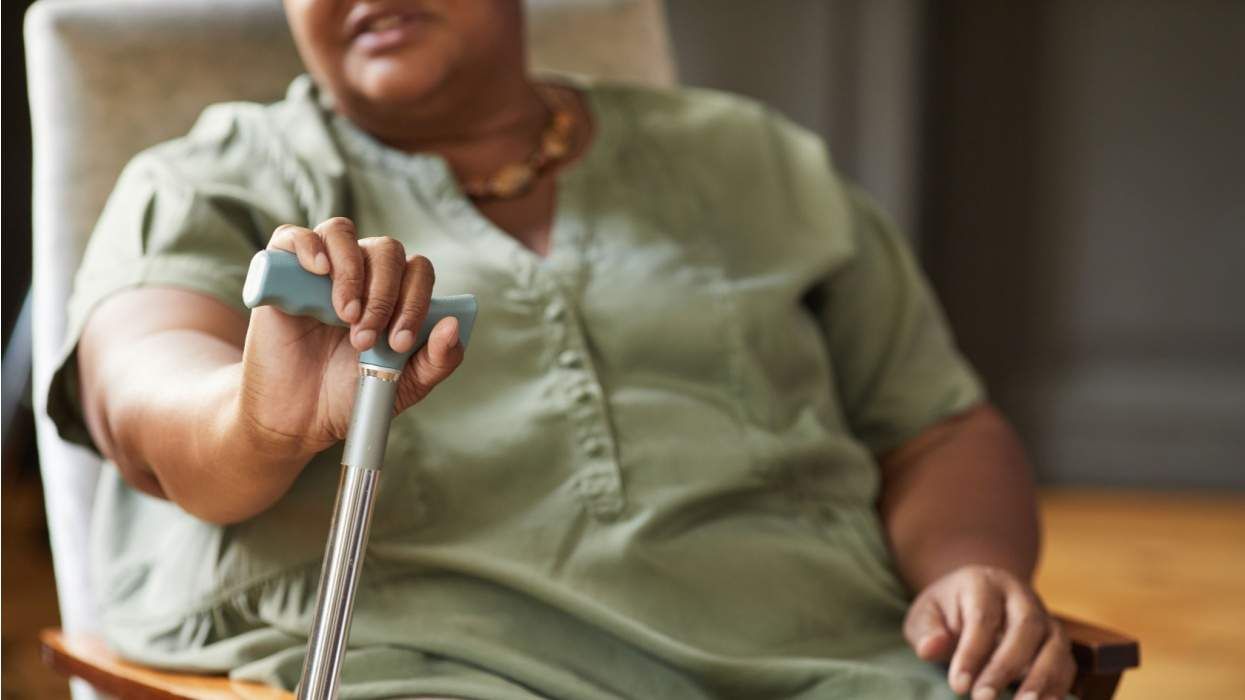
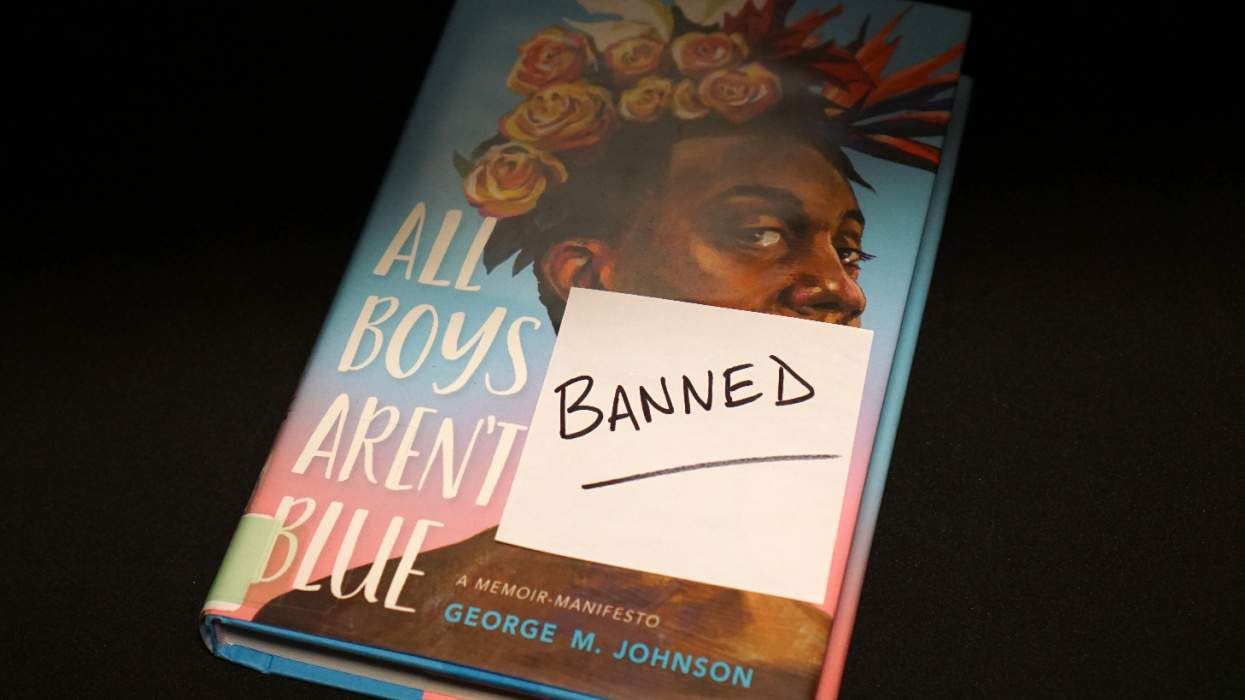
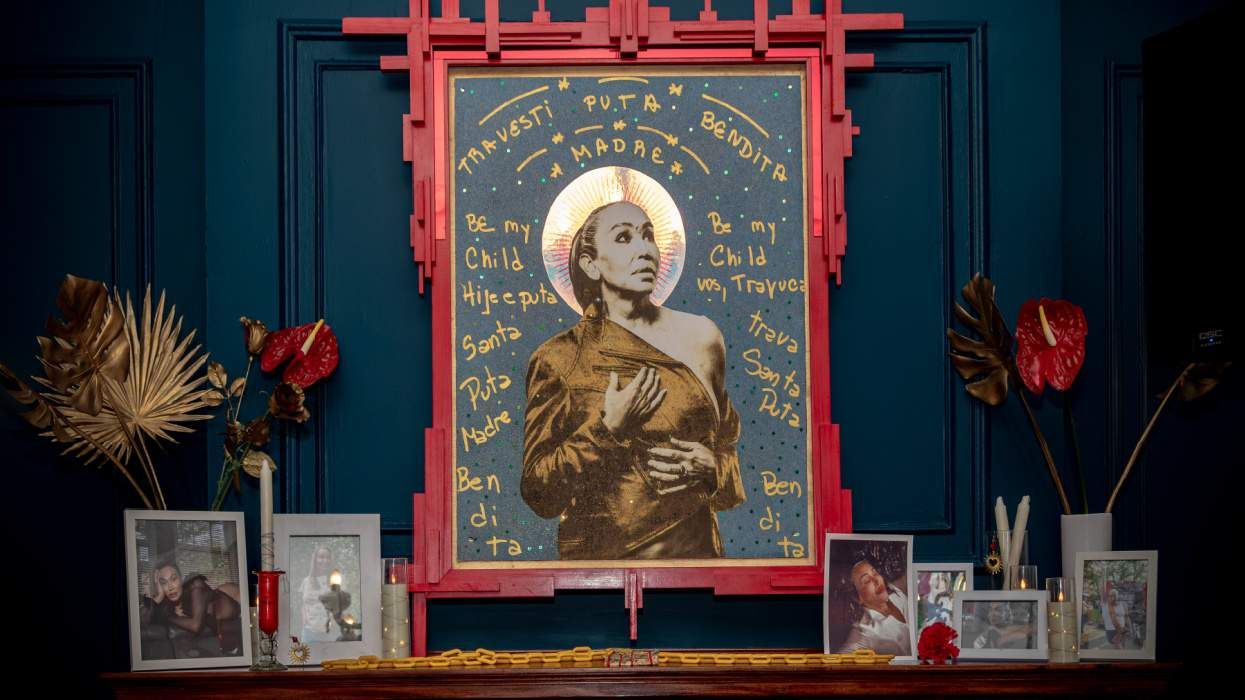
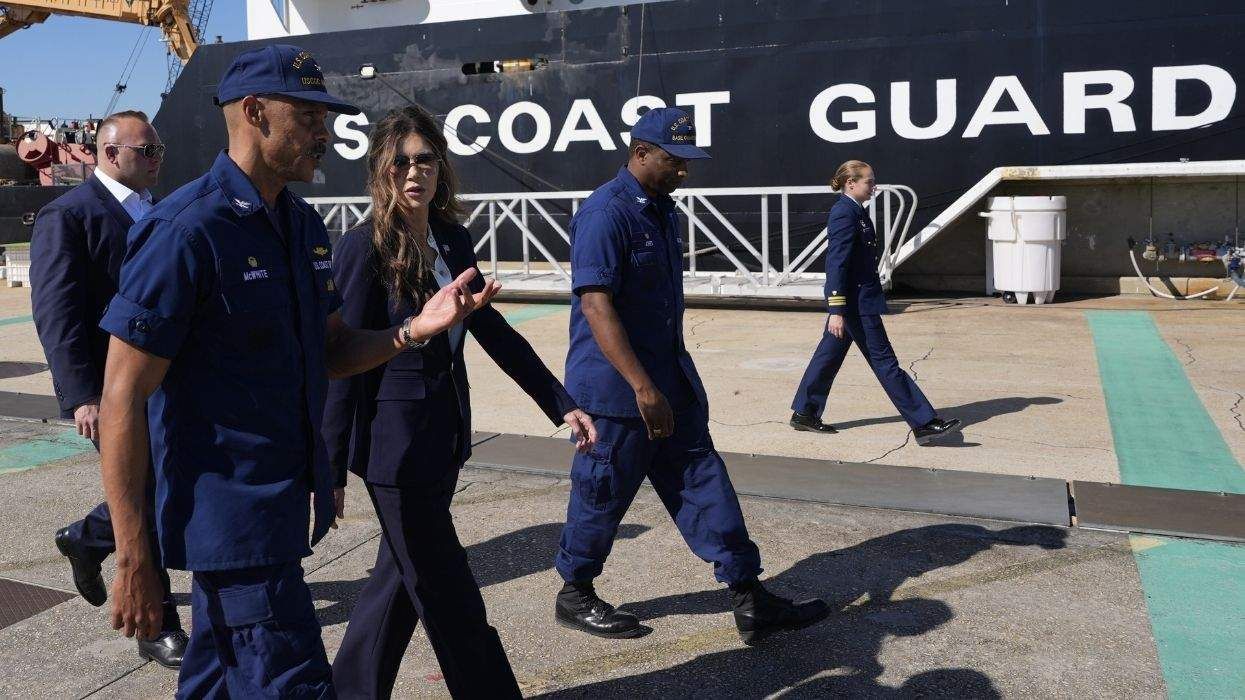
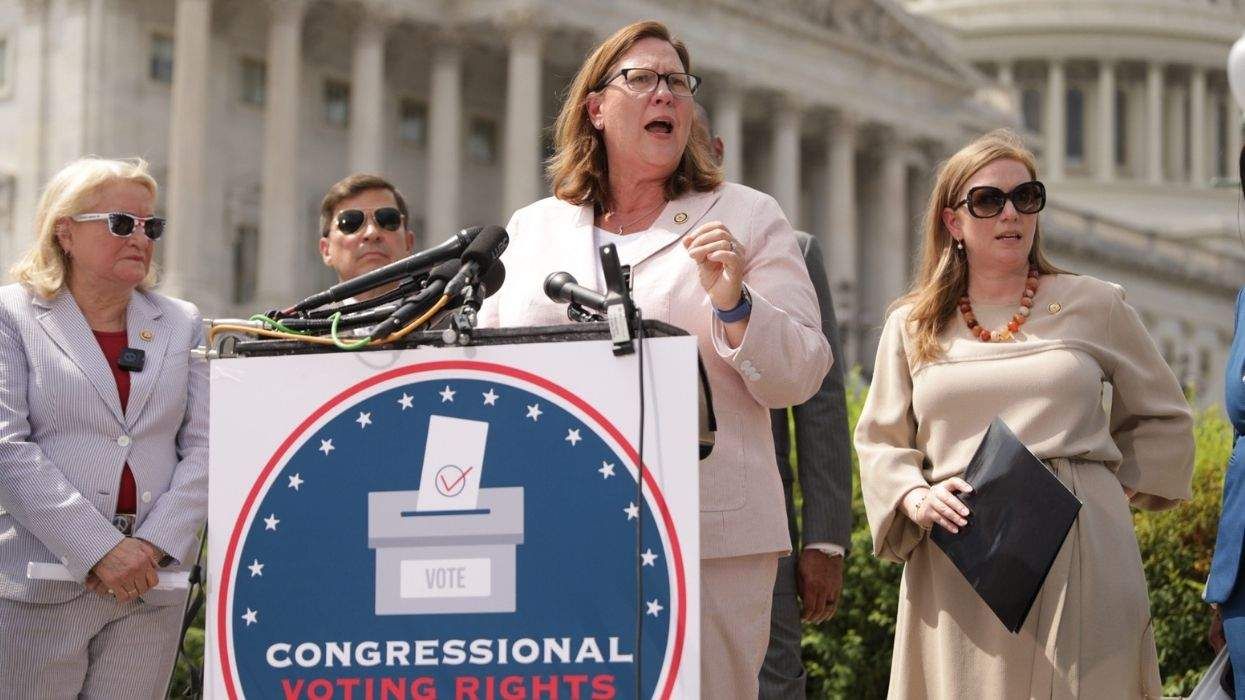
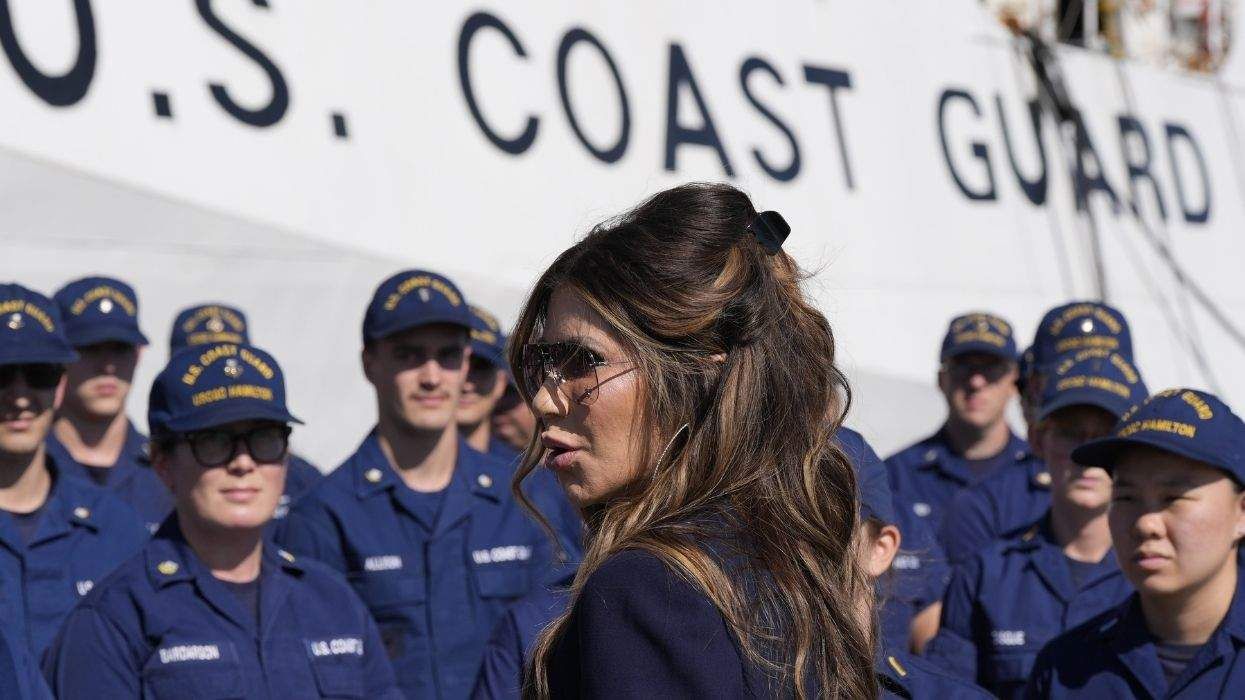
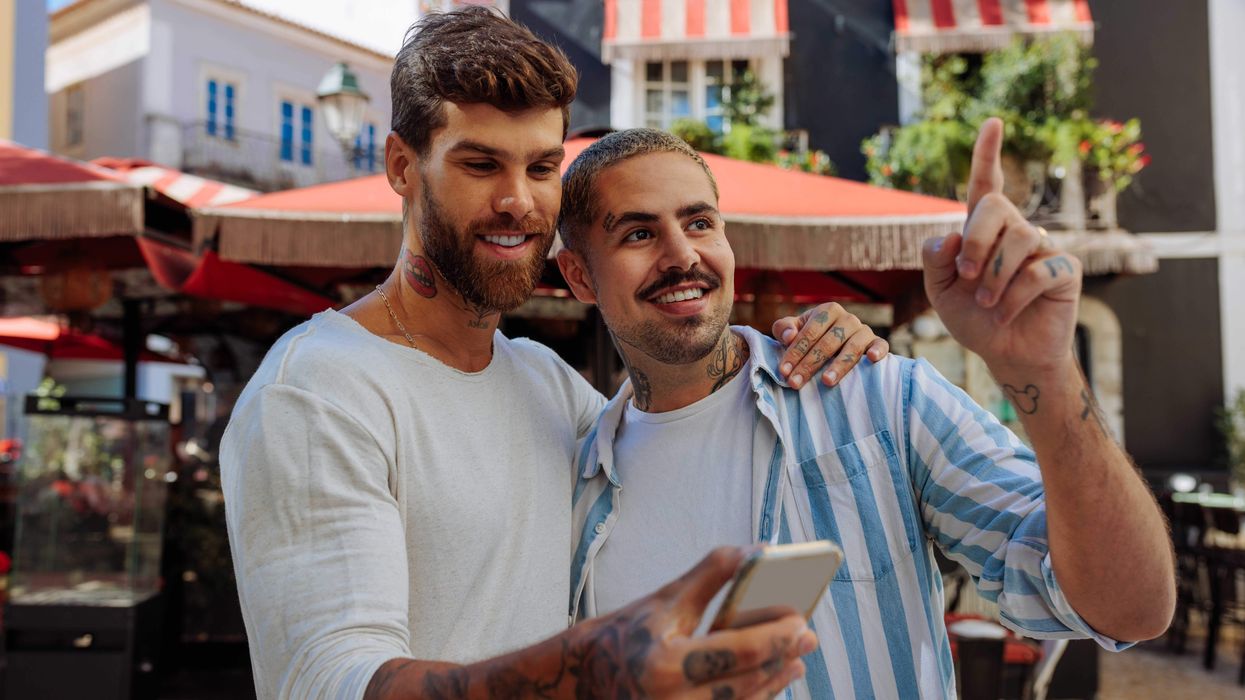
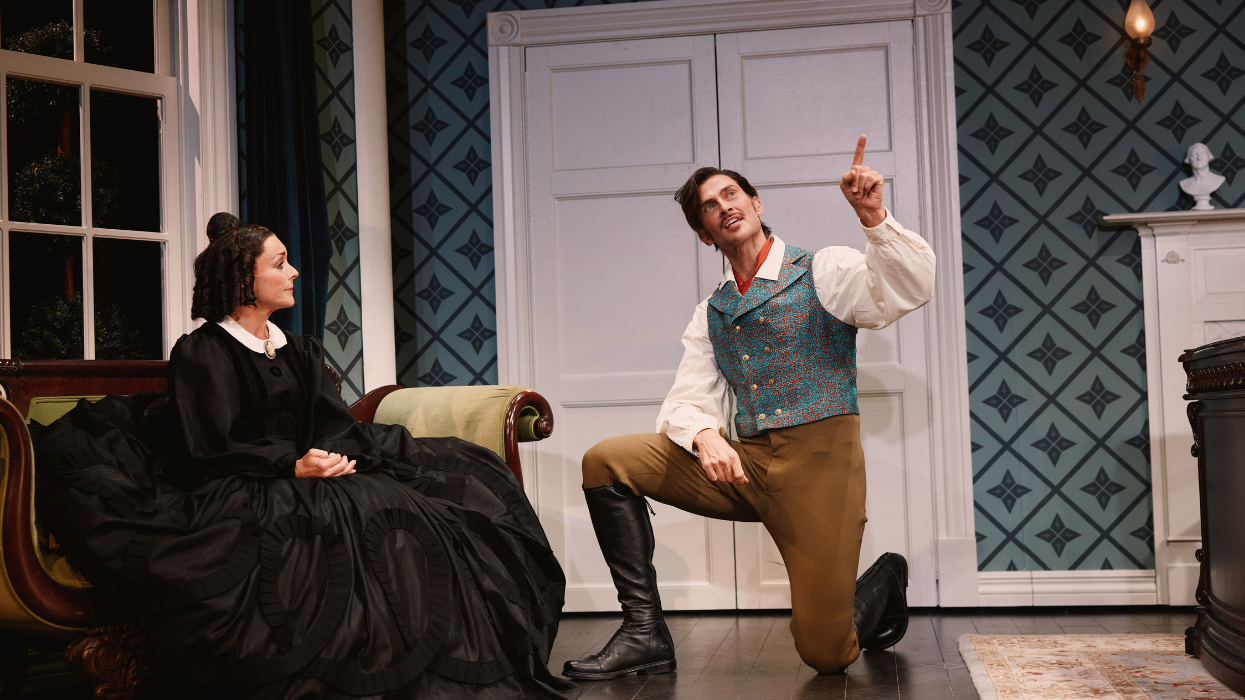
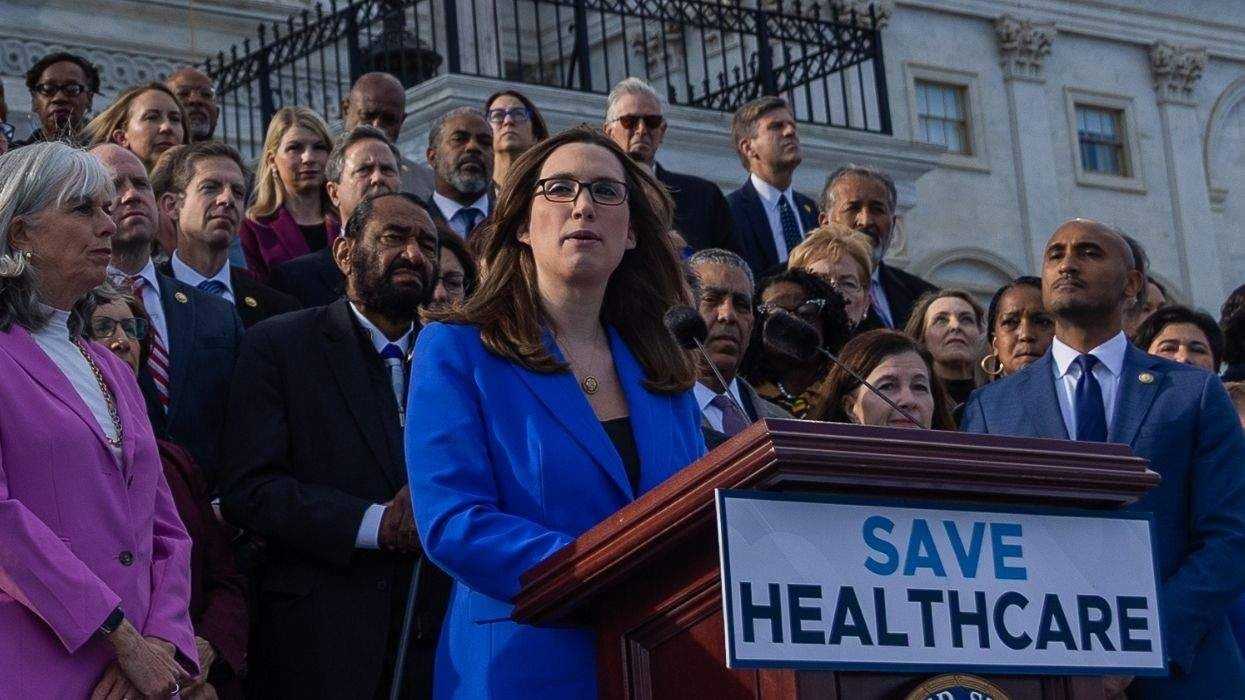
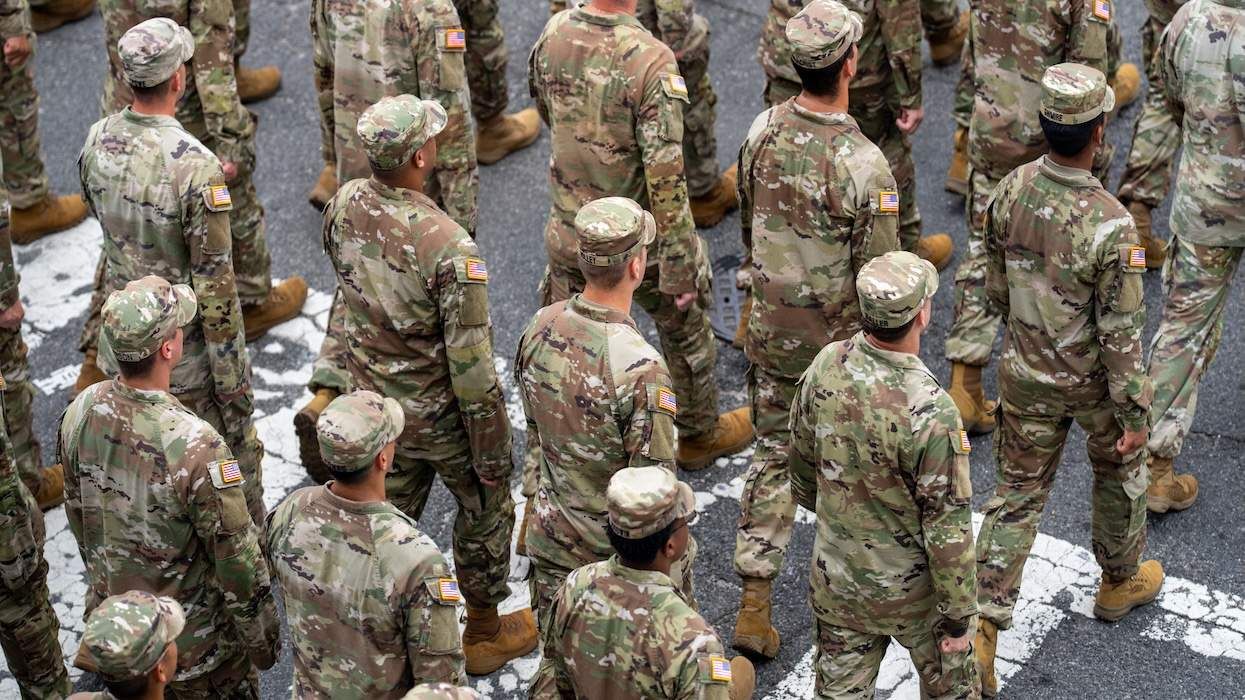
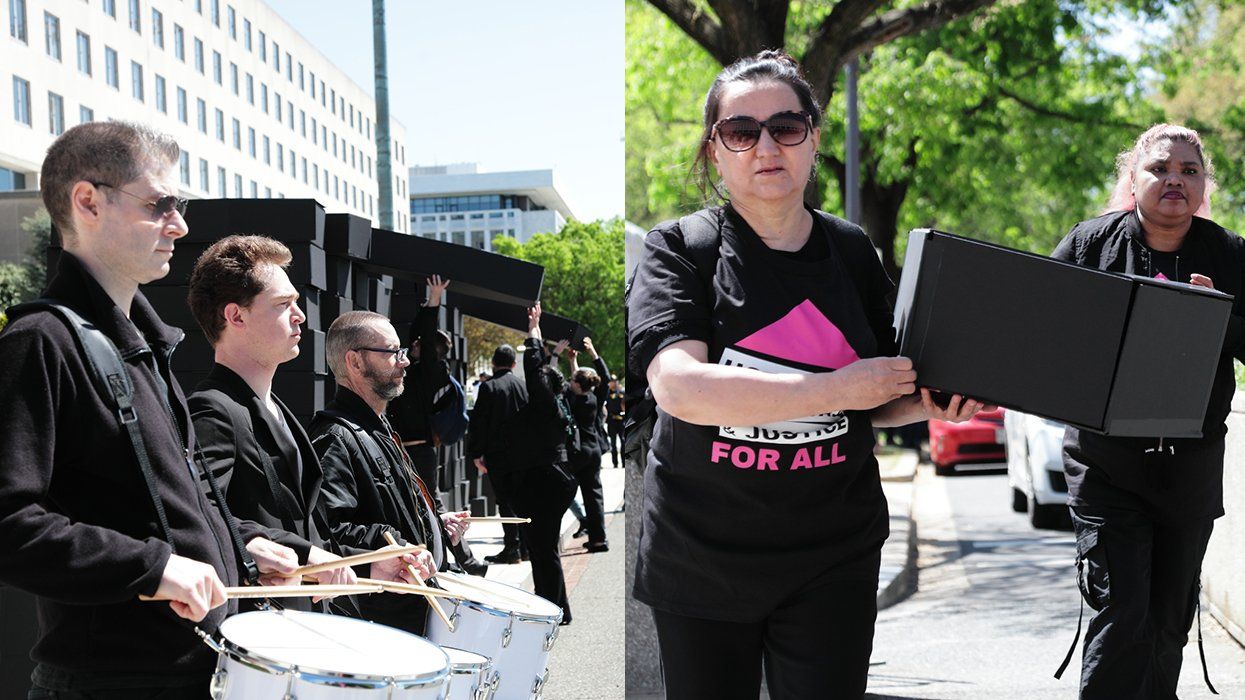
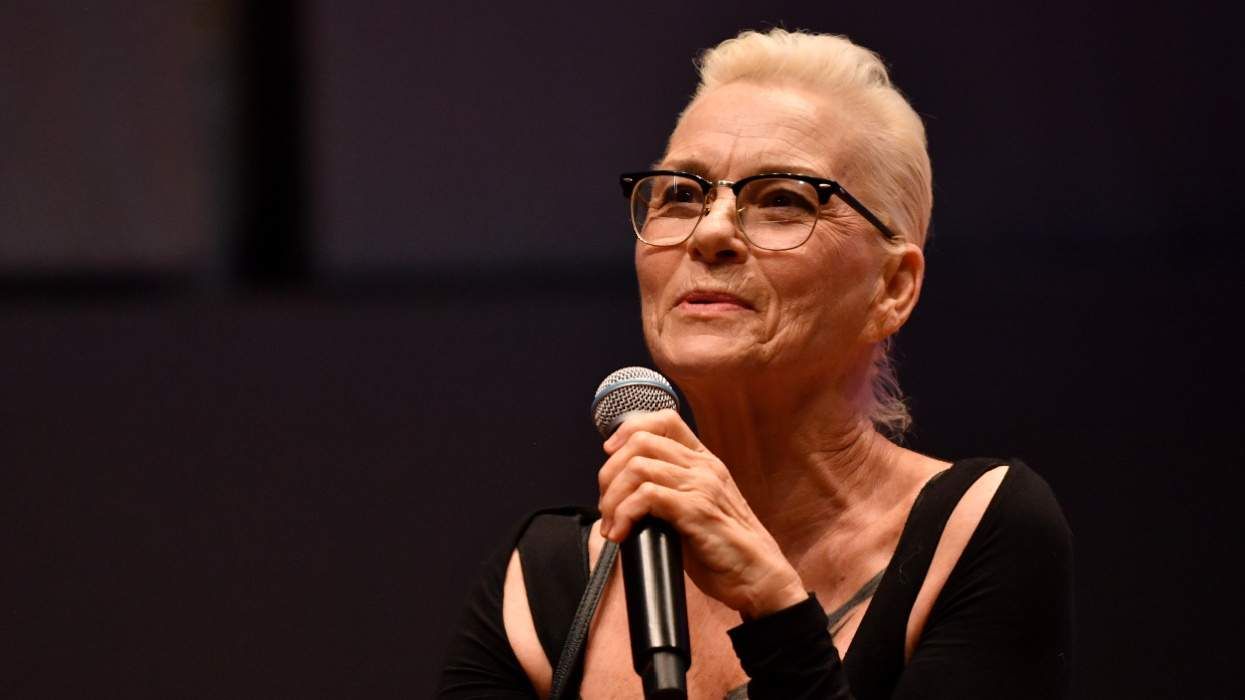
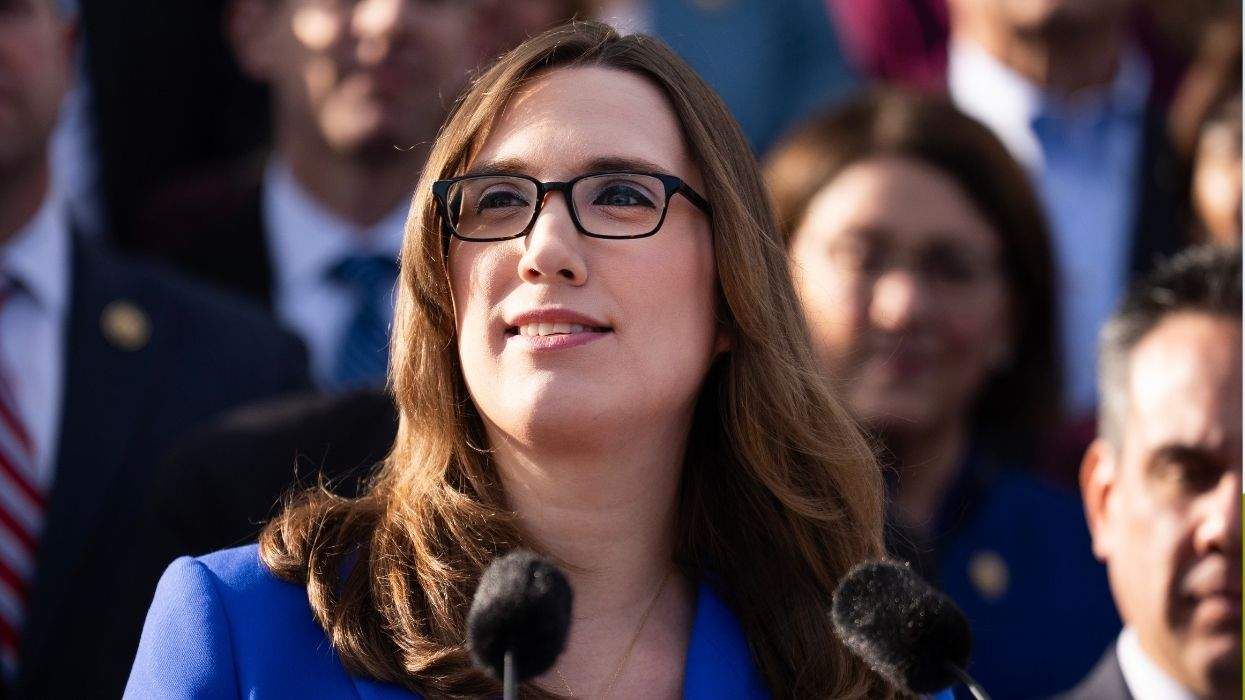
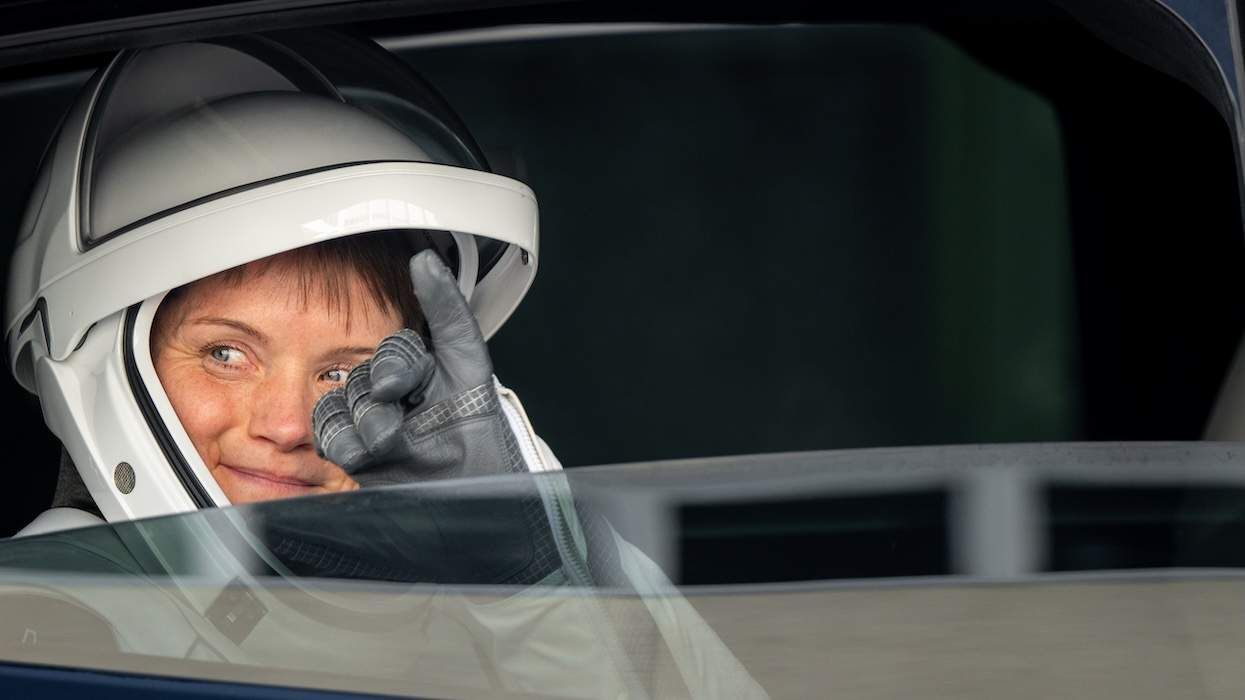


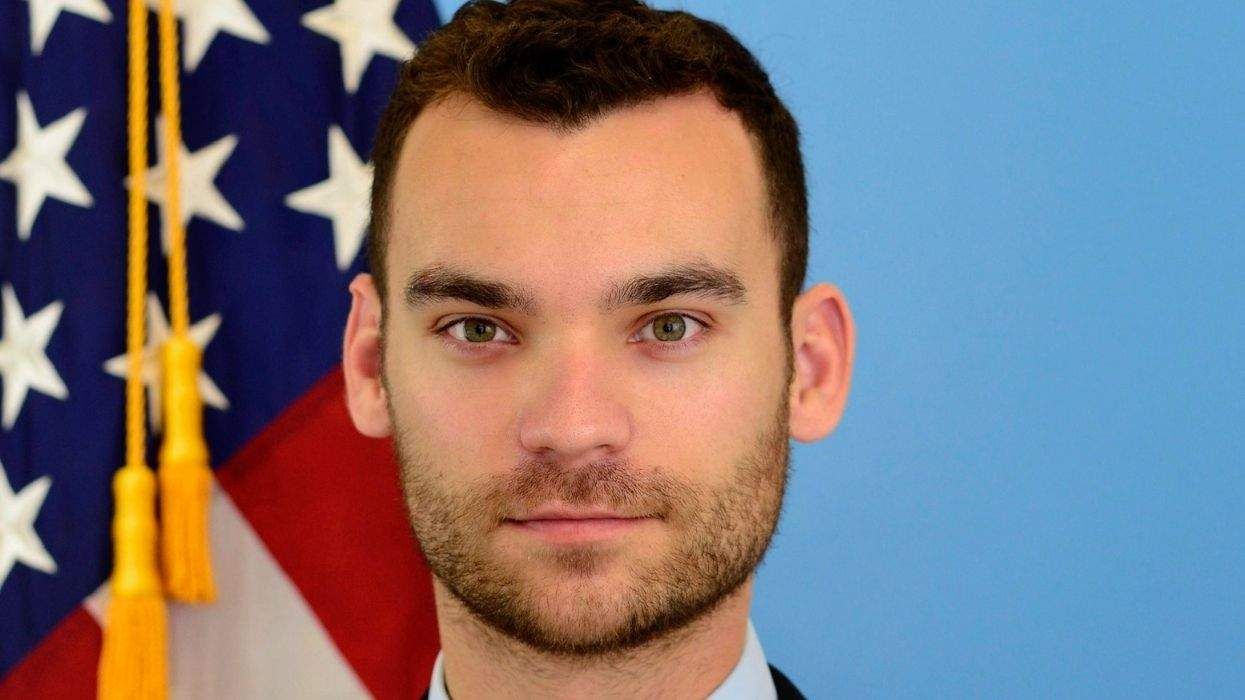

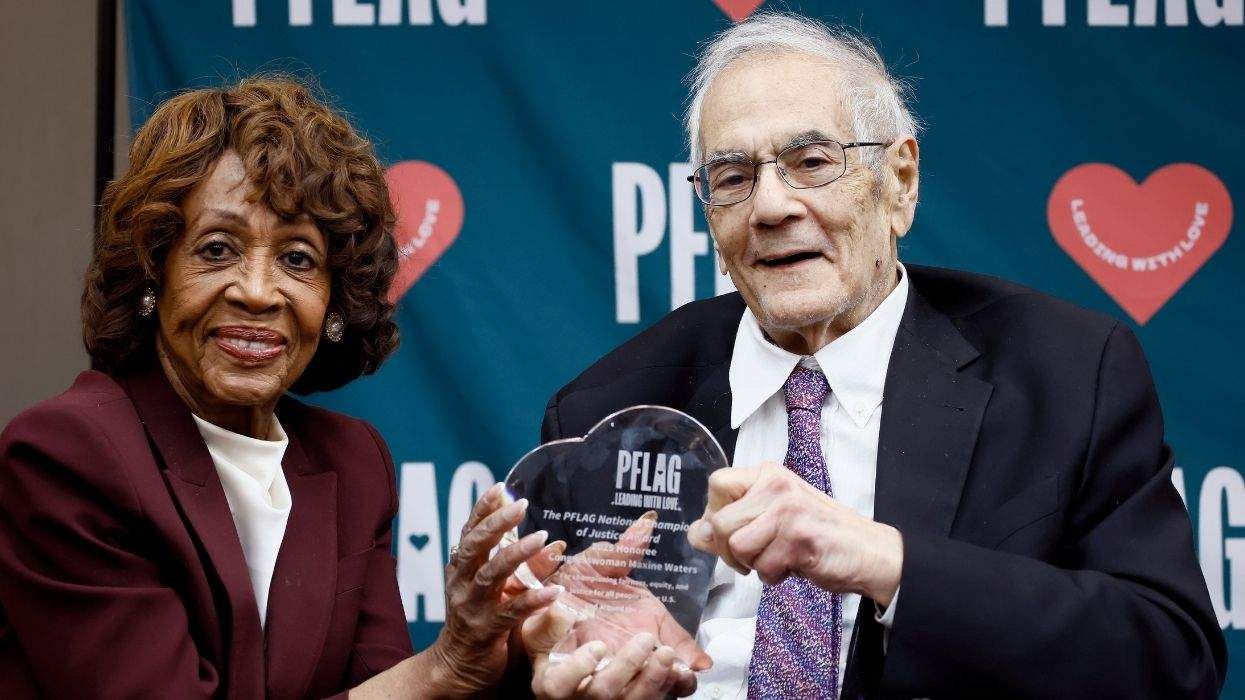
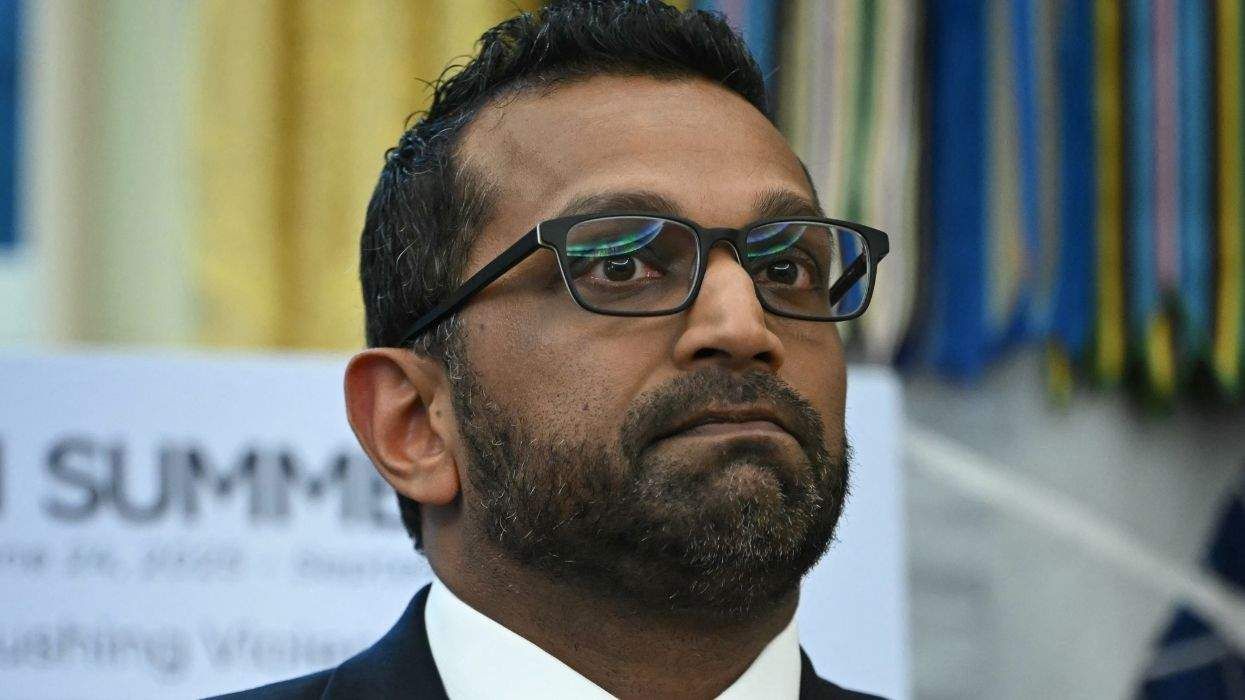











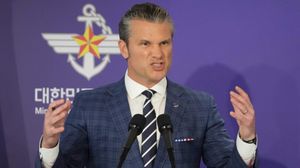





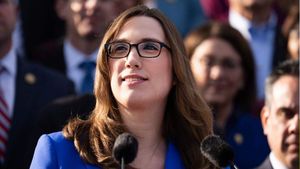




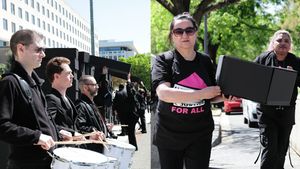


















Charlie Kirk DID say stoning gay people was the 'perfect law' — and these other heinous quotes